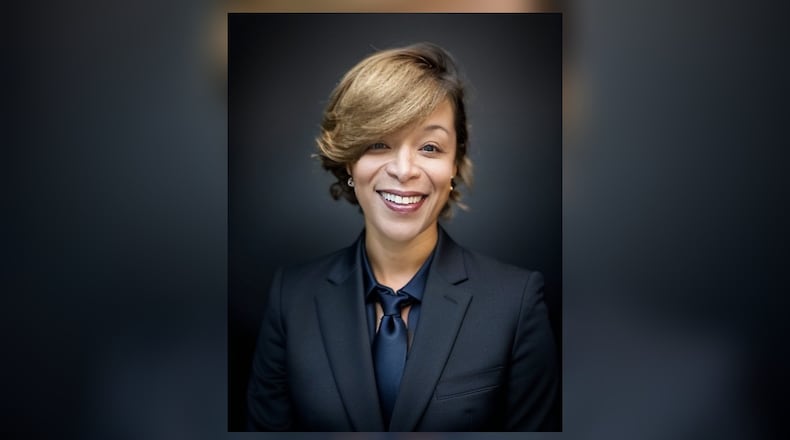According to Dr. LaShell Dauterman of the Dayton Autism Society, a “sensory room” is one of the best ways to address the needs of individuals with autism. There are multiple benefits that result from having a sensory room within the school, as they are safe spaces that allow the student to reduce sensory overload while calming down safely and learning how to regulate their emotions. A properly equipped sensory room includes tools and apparatus to create physical stimuli in order to calm their minds and bodies, help ease tension, and manage stress, overstimulation and frustration. It is also important that staff know and understand how to use the tools to address the needs during an escalated time, so that they can utilize them efficiently and effectively. Dauterman notes that having this dedicated space will also provide the staff with a specific place for the student to take a break without disrupting the overall education of other students.
Another cornerstone in ensuring appropriate and helpful sensory development is parent and educator partnerships. These partnerships play an overwhelmingly pivotal role in ensuring that the child’s needs are being met to foster growth in all areas. Dr. Dauterman and I agree that educators must respect the voice of the parent and be open to the suggestions and recommendations they provide to help educate their child. Parents know what works best for their child. They know what the child enjoys or is averse to when regulated or dysregulated; therefore, it is imperative that both teacher and parent are on the same page when working to address the needs of the student. This collaboration is central to building a firm foundation that connects home and school and builds the functional skills the student needs to be successful in any environment.
April is Autism Acceptance Month, and we are all working to create a world where everyone is accepted, supported, and connected on all levels. Autism Spectrum Disorder (ASD) is a neurological disorder that impacts families on various levels and creates unique experiences that can be challenging and lead to misunderstandings by others, but can also be extremely rewarding for all involved. Our role as educators is to dive deep into learning more about ASD so that we can provide our students with the greatest amount of care and understanding to ensure that they have the best educational journey possible. The most important component of this journey is to remember that parents are a critical part of the team. Making and maintaining these connections allow for intentional conversations that yield a more successful outcome for all students, but especially for our students with autism.
Dr. Geneá G. White is a veteran educator and Co-Founder of Optimal View Consulting and Advocacy Agency.
About the Author
